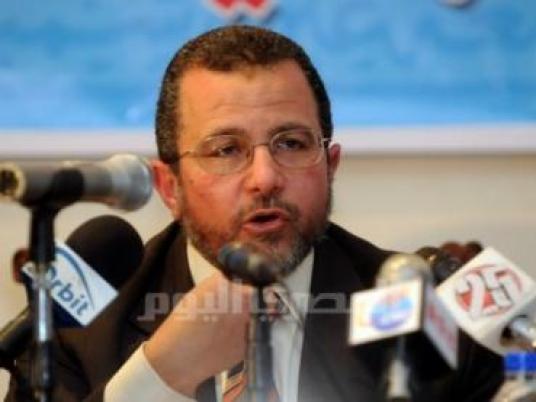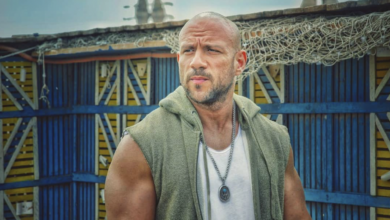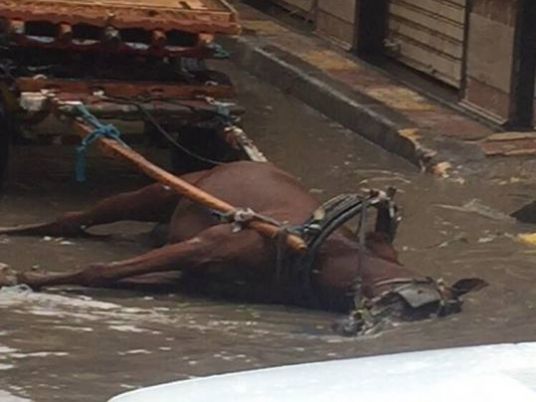
The Cabinet does not intend to recreate another Emergency Law, Prime Minister Hesham Qandil said in an interview on state television Wednesday, denying that a bill is even on the government's agenda.
However, the prime minister said he agreed with the interior minister that certain steps must be taken to restore security in the streets. In a meeting with security leaders Thursday, Interior Minister Ahmed Gamal Eddin said security efforts will continue to intensify, singling out those who obstruct the work of state facilities and roads.
Qandil said the Interior Ministry will arrest anyone who blocks roads, as such an act is an assault on the freedom of other citizens. He added that anyone convicted of this crime will be sentenced according to the penal code, which stipulates three years in prison.
"The Cabinet will not allow thuggery and will not show tolerance with regard to this matter," Qandil said, stressing that police would use force appropriately, without being brutal or oppressive.
Qandil's interview came after Justice Minister Ahmed Mekky said Monday that his ministry was preparing a new emergency law to enable the president to combat thuggery.
Mekky said the proposed law is just a mechanism to restore security throughout the country, rather than a tool to create a dictatorship or a police state as some are claiming.
He added that the bill has been welcomed by human rights experts and senior judges, who believe the state should crack down on thugs and those who block roads to terrorize others.
But despite Mekky's assurances, a storm of criticism followed his announcement.
Former presidential candidate and Arab League Secretary General Amr Moussa told Al-Masry Al-Youm that he rejected such a proposal, since any extraordinary law would sow uncertainty and create doubt as to its purpose.
Mostafa al-Taweel, honorary chairman of the Wafd Party, said Mekky is trying to satisfy President Mohamed Morsy, reminding of Mekky's attack on the Supreme Constitutional Court decision disbanding the Brotherhood-dominated Parliament before he was appointed justice minister.
Mekky met with 15 human rights activists for three hours on Tuesday to explain the purpose of the proposed law.
Edited translation from Al-Masry Al-Youm




